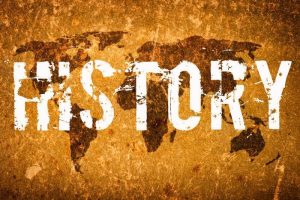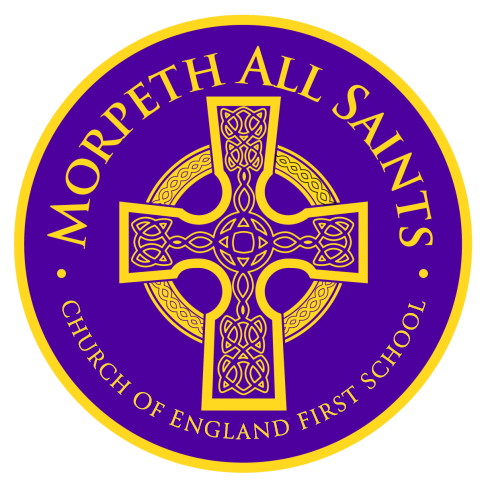History here at Morpeth All Saints…

At Morpeth All Saints our History and Geography lessons are skills based and knowledge-rich. Our yearly overview illustrates the extensive coverage of the curriculum which is inter-woven with a bespoke progression of knowledge and skills to take our children beyond the National Curriculum. Throughout the year and across the phases, pupils are able to build upon pre-existing learning by revisiting certain areas of study and experience new learning to enable pupils to consolidate new skills and knowledge.
What are the main principles?
Every History and Geography unit of work is introduced with a memorable experience or a trip as a hook into the learning to engage or at the end to consolidate their understanding and relate new knowledge and skills to their own life, locality and the wider world.
Every topic across the school is taught alongside our core principles: starting with the engage stage to ignite enthusiasm and passion into their new learning, enquiry to encourage pupil interest and curiosity, explore and learn new knowledge and skills and then embed what the children have learned and enjoyed.
Each topic links directly to History or Geography knowledge, building on existing skills and understanding to ensure that learning is progressive and continuous.
Intent:
At Morpeth All Saints First School we are committed to providing all children with learning opportunities to engage in history. History is about real people who lived, and real events which happened in the past. Our History curriculum is concerned with sequence, time and chronology and is the study of evidence about the past; it gives us a sense of identity, set within our social, political, cultural, and economic relationships. At Morpeth All Saints First School, we aim to fire the children’s curiosity about History, the past in their own locality , in Britain and the wider world. We believe this plays an essential part in preparing our children for living and working in the contemporary world. Pupils consider how the past influences the present, what past societies were like, how these societies organised their politics, and what beliefs and cultures influenced people’s actions. As they do this, children develop a chronological framework for their knowledge of significant events and people. They see the diversity of human experience, and understand more about themselves as individuals and members of society. What they learn can influence their decisions about personal choices, attitudes, and values. In history, children find evidence, weigh it up and reach their own conclusions. To do this they need to be able to research, sift through evidence, and argue for their point of view – skills that are prized in adult life.
Implementation:
History will be taught through investigation and enquiry. Children will develop an understanding of how History has had an impact on our lives today both locally, nationally and internationally. Children will be encouraged to be independent and critical thinkers, fostering an understanding of ‘why’ as well as ‘who’, ‘what’, ‘when’ and ‘where’. The key historical skills (set out in the National curriculum) underpin the planning, teaching and learning of History at Morpeth All Saints. Key skills which we aim for the pupils at our school to develop are analysing and debating the reliability of sources, making comparisons between historical periods, devising historically valid questions, drawing conclusions from sources and making links between events. Each unit planned includes opportunities for children to investigate and handle artefacts and pictorial evidence, watch historical footage, take part in role play activities, visit relevant sites and museums where appropriate, experience oral history and engage with historical characters and ways of life. Children will also be taught historical facts and be encouraged to gain a factual base of historical knowledge they will be encouraged to remember for example key dates and events in British and World History and the names and impacts of important historical figures. Cross curricular links will be developed. Children will consolidate writing skills and reapply them in an alternative and more independent context. Learning will extend beyond the classroom, with children being given homework projects linked to their unit of work and children will have the opportunity to present their learning in History in Class assemblies. Visits within History will enrich the lives of the children and they are able to discuss how the experience impacted their knowledge and understanding. Children will gain a good understanding of historical terms and be able to use these both orally and in their written work.
Impact:
Children of all abilities and backgrounds are expected to succeed in history and develop a chronological understanding of British History from the Stone Age to present day, as well as having explored the ancient civilizations. This is assessed through a number of different means. It begins with the use of formative assessment within lessons and targeted feedback at the point of learning, both in relation to written outcomes but also through the way children communicate orally about their understanding of history. Outcomes produced by the children are assessed against the desired skills and knowledge relevant to the specific year groups. At the end of each term, judgements are made against end of year expectations, which inform next steps for cohorts. Ongoing assessment of children’s enjoyment and appreciation of their History learning occurs through formal and informal pupil voice feedback.
History Policy…

